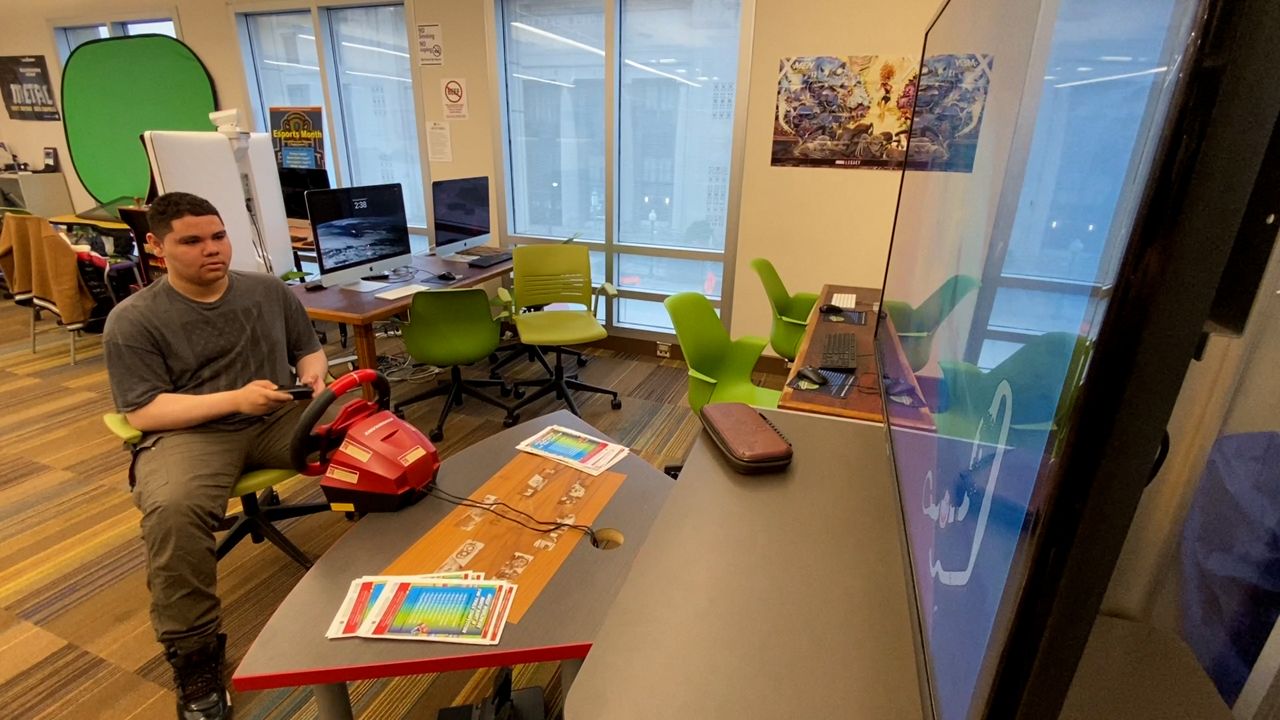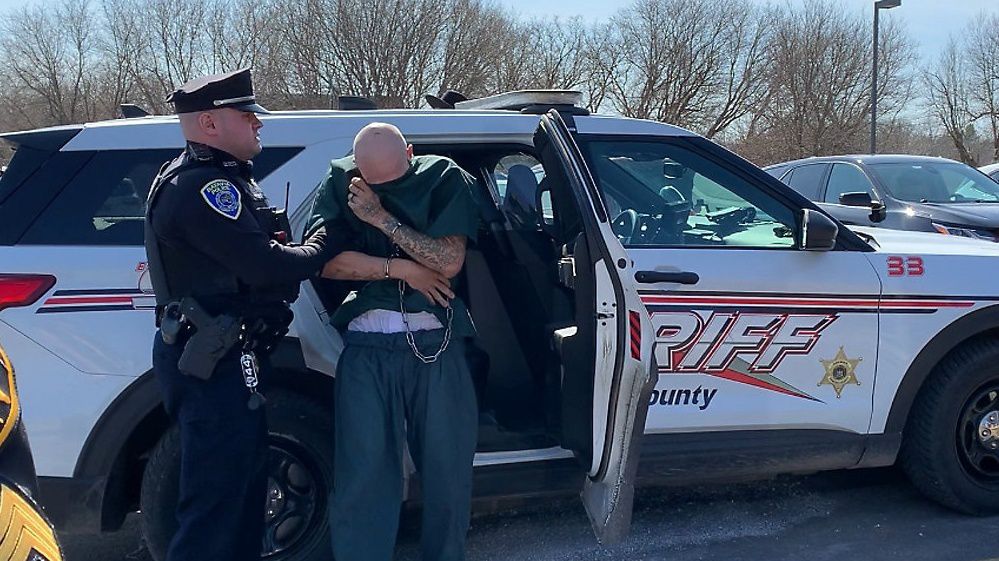ROCHESTER, N.Y. — With a complex journey of child development, early intervention can make all the difference.
"Rochester Hearing and Speech Center is the only not-for-profit left with a footprint in Monroe County who still does early intervention and we have developmental groups, which involve a special education teacher, speech pathologist, occupational therapist and a physical therapist in each classroom," director of educational and clinical services Beth McLellan said.
Working in early intervention for more than 30 years, McLellan has provided a setting far beyond the classroom, creating a foundation for a lifetime of learning and growth.
"Who wouldn't want to do this," McLellan said. "Who wouldn't want to work with little kids in their families and be able to change their outcomes? And we get heartbreaking and we get heartwarming and that's what keeps us going. And that's why people love to do this and are so upset when they can't afford to do it anymore."
However, with an increased demand for personalized therapies, staffing has become a growing issue.
"Most of the other not-for-profits have gotten out of the business because of the rates," McLellan said. "Back in 1994, when New York state started early intervention services, the rates were higher than they are now. And that's 30 years."
As a result, children are facing delays to receive services that exceed the federal guidelines, which negatively impact their development. With 600 services not being provided to children in Monroe County, McLellan says this is a direct issue related to reimbursement rates.
"We frequently are needed in the classrooms," McLellan said. "We lose staff left and right. They come to me crying because they're leaving. They don't want to leave. They feel fulfilled in what they're doing, but they can't pay their bills and their student loans back."
And for the staff members who continue to push through the challenges, have been left to juggle multiple jobs to sustain a living.
"I personally have four jobs because I refused to leave pediatrics because that is just my passion," occupational therapist Carrie Pfluke said. "If they have a disability or not, they are the kids that will be growing up into adults and going out into the world and finding jobs and finding other things to do in the community. And if we're not providing that funding now, we're not able to provide those services for those kids to help better support them."
Advocates are urging state legislators for increased reimbursements rates in the state’s early intervention programs by 11%.
"Our youngest children with special needs aren't getting the services that they need, and they're sitting on waiting lists," McLellan said. "What's going to happen is down the road when they get to school, they're going to need twice as many services as they would if they had received early intervention. And if we have the adequate funding, I think we'd have a lot more staff wanting to do this."
McLellan hopes others can see how early special education is not only a necessity, but a beacon of hope, ensuring that every child can thrive and reach their full potential, and every worker can continue their passion.










